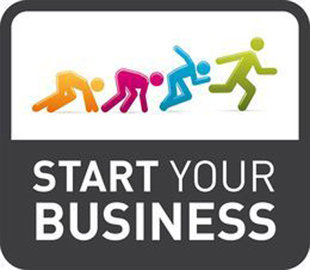1. You can catch up on our sleep:
Catching up on your sleep is important because if you are short on sleep you will be more likely to be depressed. Your body is also going to feel run-down. Try to get to bed earlier at night or take naps during the day to catch up on your sleep. Just catching up on your sleep can often make us feel much better, so it is worth a try.
2. You can stay physically fit:
According to job-hunters, there are a number of things that are important to stay physically fit. Some of these things are exercising regularly, drinking plenty of water, eliminate sugar from your diet, eat balanced meals, and take daily vitamins. Doing all or a majority of these things will help you feel better.
3. You can do something about the space around us:
According to Boles, our surroundings are mirror image of how we feel about ourselves. To keep a positive physical environment around you, keep things in order. Put your clothes away and keep things off your counters and table. If your surroundings are all messy you are more likely to become depressed.
4. You can go outdoors and take a good walk:
If you are sitting home all the time it could start to make you feel even worse. Take a wake outside and take in all the sunlight and natural environment around you. It will make you feel better.
5. You can focus on other people
If you have been dealing with unemployment for a long period of time you should consider dealing with people who are worse off than you. This will help you put things in perspective and give you a good feeling inside because you will be helping people who need it. This will also give you an opportunity to talk to others and meet new people
6. You can go on fun mini-adventures
In your area there may be places that you have not visited. For example if you live in a big city, go on a tour and experience something new. This will give you something fun to do and help take your mind off your job-hunt.
7. You can deal with your feelings by learning something new
If there are subjects that interest you but you have not explored them yet, now is the time to do it. Again, this will help you get your mind off of being sad or depressed and focus your attention on something you enjoy learning about. Read books or look online for article or videos that interest you.
8. You can talk with loved ones, or friends about your feelings
To help cope with your feelings, talk to loved ones or close friends. Often times these negative feelings can build up inside and over power us. To prevent this from happening, talk about these feelings with your family and friends. They love you and will be happy to listen to your feelings and help you sort them out.
9. You can pound a punching bad or pillows to get angry energy out
This may sound childish, but people do actually do this. It will help you take out anger without damaging anything of value around you.
10. You can make a list of the things that make you happy
By listing things we are thankful for, we will remind ourselves of the precious gifts we really do have in our lives. It is crucial to forgive ourselves for any past wrong doings. We all are human and we are all capable of facing the future rather than focusing on the the past.




